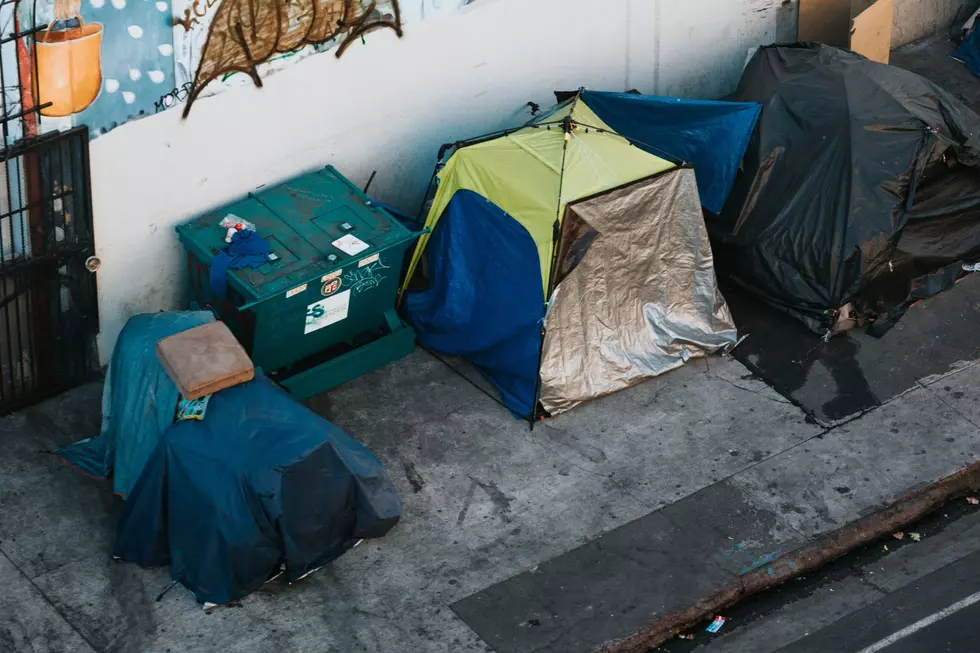
Reversing Restrictions on Homeless Camp Bans in Montana
Missoula, MT (KGVO-AM News) - On March 1, 2024, Montana Attorney General Austin Knudsen led a coalition of 24 attorneys general in filing an amicus brief in the case of Johnson v. City of Grants Pass. The brief asks the Supreme Court to reverse a lower court’s decision prohibiting states and local governments from enforcing laws that prevent public spaces from becoming homeless encampments.
In 2018, the Ninth Circuit found in Martin v. City of Boise that the Eighth Amendment provided the right to “sleep, camp, and defecate in public spaces.” In 2023, the court went even further to hold that the Eighth Amendment prevents civil fines for “engaging in involuntary, unavoidable life-sustaining acts.”
Knudsen argues that if the lower court’s ruling stands, the country’s growing homelessness problem will worsen and hinder local and state policy response. He believes that states have a sovereign right to address the issue locally.
Missoula's Homelessness Crisis
In Missoula, urban camping has become a hot-button issue. It has gotten to the point where city and county officials, along with members of the community, are working to try to solve the problem by forming an ‘Urban Camping Work Group’. They had their first meeting a few weeks ago and could have up to four more in the coming months.
READ MORE: Officials Address the Issue of Urban Camping in Missoula
As of August 2023, Missoula had 60 separate encampments across its 400 acres of public parks. However, Knudsen says the city is restricted in its ability to combat the issue following the 2018 decision that said jurisdictions must have bed space that outnumbers homeless persons before enforcing an anti-camping ordinance.
Knudsen said residents are forced to deal with dirty and unsafe parks, vehicles “full of human waste”, and debris clogging the city’s irrigation and waterways. Missoula is not the only city in Montana dealing with these types of issues. Billings, Bozeman, and Kalispell are experiencing similar problems.
“It is States and localities that have the local knowledge needed to address the problem, and it is States and localities that ultimately bear the costs of homelessness and of homeless policy,” said Knudsen. “It should be States and localities that make the decisions.”
Inside Look at the New TSOS Shelters
Gallery Credit: Nick Chrestenson
